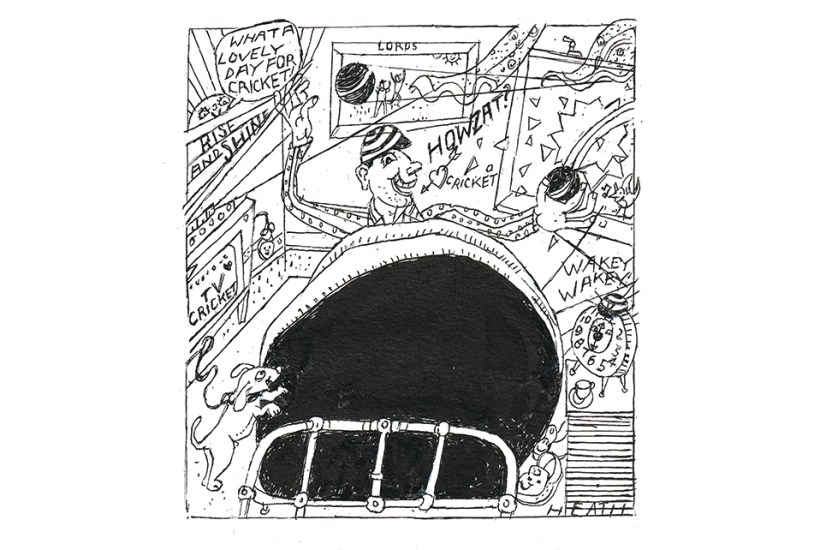I love it when the England cricket team flies east in the winter. It means they’re playing in the early morning, UK time, and that’s just when I need them the most. Because cricket is a powerful antidepressant.
Without the sound or sight of bat on ball, early mornings at the moment would hold their usual threat
The fireworks of Bazball have been lighting up the sky for nearly two years now, and as that period has coincided with war and economic doom, the on-field heroics of Ben Stokes and the gang have been particularly welcome.
Already a subscriber? Log in
Subscribe for just $2 a week
Try a month of The Spectator Australia absolutely free and without commitment. Not only that but – if you choose to continue – you’ll pay just $2 a week for your first year.
- Unlimited access to spectator.com.au and app
- The weekly edition on the Spectator Australia app
- Spectator podcasts and newsletters
- Full access to spectator.co.uk
Unlock this article
You might disagree with half of it, but you’ll enjoy reading all of it. Try your first month for free, then just $2 a week for the remainder of your first year.








Comments
Don't miss out
Join the conversation with other Spectator Australia readers. Subscribe to leave a comment.
SUBSCRIBEAlready a subscriber? Log in